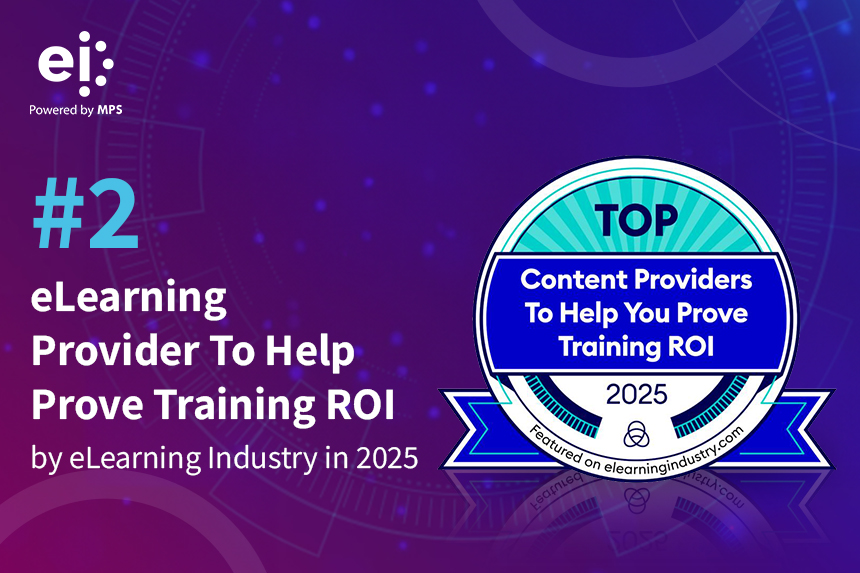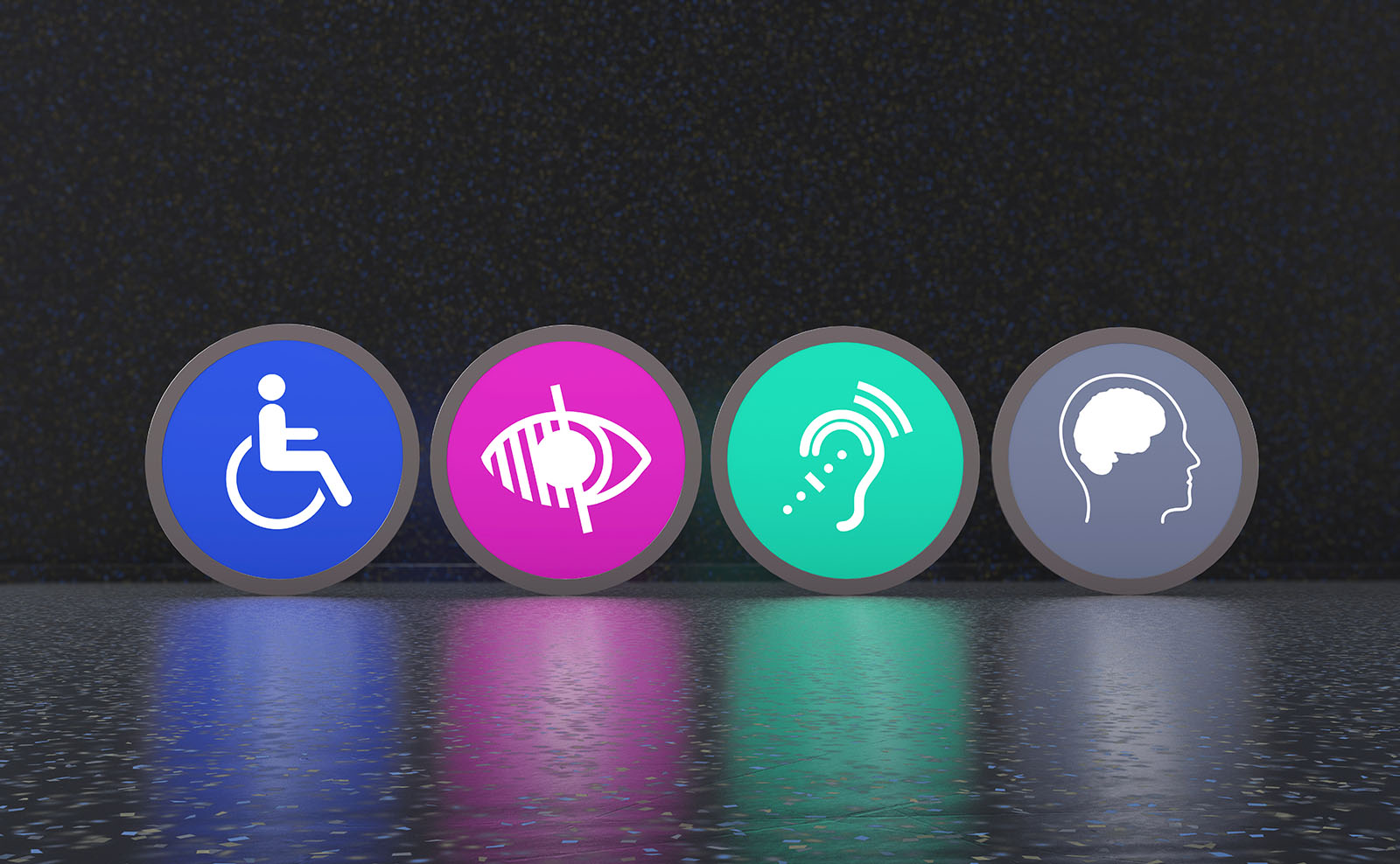
Hybrid work and AI automation demand new leadership skills. Leaders now juggle technology-driven efficiency with the emotional intelligence needed to inspire distributed teams. The question isn’t whether these forces affect leadership — it’s how effectively organizations adapt to create sustainable advantage.
A startling 80% of organizations admit they need major changes to their leadership development strategies (Brandon Hall Group™ HR Outlook 2025). Traditional leadership models fall short when digital transformation shapes every workday decision, yet many organizations struggle to reimagine leadership training for this new reality.
AI as Leadership Partner, Not Replacement
Leaders succeed when they view AI as an enhancement to human judgment rather than a substitute for it. The best outcomes emerge when technology amplifies distinctly human capabilities.
EI’s leadership training framework tackles this challenge head-on through their ecosystem approach. Moving beyond conventional training needs analysis, their Learner Needs Analysis (LNA) maps development pathways to individual learning styles while serving organizational goals. This develops leaders who harness AI’s analytical power without sacrificing authentic human connection.
When to Trust Data vs. Intuition
Nearly half of organizations anticipate that AI will dramatically reshape leadership development in 2025 (Brandon Hall Group™ HR Outlook 2025). This creates both opportunities and dilemmas for executive teams. What’s the appropriate mix of AI analytics and human judgment? When should data lead and when should human experience take priority?
This tension grows especially pronounced in hybrid environments, where building genuine connections requires deliberate effort across digital divides. Leaders need skill not just in using technology but in knowing when to set it aside.
Effective training provides structured environments where leaders practice these critical decisions. The most valuable development approaches combine skill-building with experiential learning, reinforced through strategically spaced repetition that gradually transforms both thinking patterns and behaviors. Participants must develop practical judgment about when data should drive decisions and when human insight proves irreplaceable.
EQ Matters More When AI Does the Math
As algorithms handle increasing portions of analytical work, human skills like empathy gain fresh importance. What machines can’t replicate — emotional awareness, ethical decision-making, genuine human connection — becomes exponentially more valuable.
Nearly half of organizations now prioritize inclusive leadership development (Brandon Hall Group™ HR Outlook 2025). This surge reflects growing recognition that technical capacity alone can’t drive organizational success. Teams want leaders who understand both technology and people.
Leadership training must balance technical fluency with emotional intelligence. Beyond understanding how AI works, exceptional leaders cultivate wisdom about when its application serves — or undermines — organizational goals.
Hybrid Teams Need Tech Tools and a Human Touch
Distributed teams stretch leadership skills in contradictory directions. While advanced tools help bridge physical gaps between team members, the psychological distance created by these same tools demands deliberate counterbalancing through thoughtful human connection.
Despite the rush toward AI adoption, 63% of organizations name “building a culture of psychological safety and belonging” as their top human capital priority for 2025 (Brandon Hall Group™ HR Outlook 2025). This makes perfect sense: as technology mediates more workplace interactions, deliberate attention to psychological connection becomes essential.
Effective leadership development must prepare leaders for this duality — technical proficiency coupled with exceptional relationship-building skills. The leaders who master both domains will create competitive advantage through teams that remain cohesive regardless of physical distance.
Balancing Efficiency with Human-Centered Leadership
Many organizations struggle with a fundamental question: How can leaders leverage AI for efficiency while maintaining the human touch that drives engagement? The answer lies in treating these as complementary rather than competing priorities.
AI can handle routine tasks, analyze patterns across vast datasets and suggest potential courses of action. This creates space for leaders to focus on uniquely human contributions: inspiring vision, ethical judgment, emotional support, creative problem-solving and authentic connection.
The most effective development programs create structured pathways for leaders to practice this balance. Through simulations, coaching relationships, and practical application, leaders learn to integrate AI tools into their workflow while strengthening the interpersonal skills that technology cannot replicate.
Adaptability: The Only Future-Proof Leadership Skill
Rapid technological evolution demands leaders who learn continuously and adapt fearlessly. The coming years will favor not the most knowledgeable executives but the most adaptable — those who approach AI as a collaborative partner while maintaining a clear-eyed perspective about its limitations.
AI-powered leadership simulations will become standard practice across industries (Brandon Hall Group™ HR Outlook 2025). These sophisticated virtual environments enable leaders to practice high-stakes scenarios without real-world consequences. The immediate, personalized feedback these simulations provide effectively compresses years of leadership experience into months of targeted development.
Organizations need learning ecosystems that anticipate this shift with carefully designed repetition sequences and subtle prompts that encourage self-directed exploration. Rather than one-time workshops, the most effective approaches build continuous learning habits that sustain leadership development long after formal training ends.
Ethical AI Integration Requires Human Wisdom
As AI becomes more powerful, ethical considerations grow increasingly important. Leaders must develop frameworks for evaluating not just what AI can do, but what it should do within their organizations.
This requires a deep understanding of AI’s limitations and potential biases. Leaders need training in recognizing situations where AI might recommend actions that, while data-driven, may not align with organizational values or may overlook important ethical considerations.
The most valuable training experiences include structured examination of ethical dilemmas specific to AI implementation. Leaders must practice asking the right questions: Does this application respect privacy? Might it perpetuate existing biases? Does it enhance or diminish human agency and dignity?
Conclusion: Knowing When Not to Use AI
Exceptional leaders won’t merely adopt AI tools — they’ll develop sophisticated judgment about their application. The most valuable leadership skill may become knowing precisely when not to rely on technology.
Leadership development must cultivate this discernment. Organizations investing in nuanced leadership training now will gain competitive advantage through teams that skillfully blend AI-driven productivity with distinctly human capacities for creativity, ethical reasoning, and genuine connection.
In a world increasingly shaped by algorithms, these uniquely human skills may become your organization’s greatest strategic asset. The future belongs to leaders who master when human judgment should prevail.



